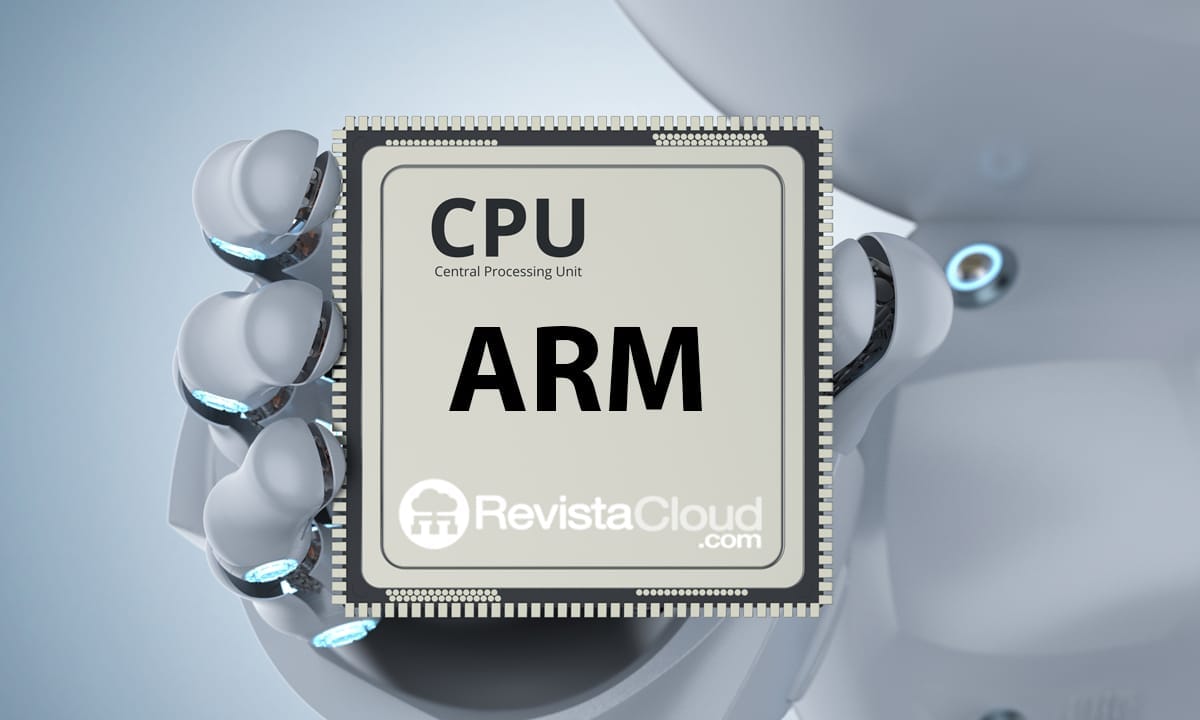The semiconductor giant changes its strategy to compete in the server and data center market
ARM, the leading British semiconductor design company, has decided to take a significant step forward and will start manufacturing its own chips. According to various international media reports, Meta will be its first major client, and the first processor is expected to be ready this year. This move represents a substantial strategic shift, as ARM has previously focused solely on licensing its technology to companies such as Apple, Qualcomm, and Nvidia, without producing its own chips.
The new ARM chip will be a server CPU, optimized for large-scale data centers. It will be designed with a modular and customizable approach, allowing different clients to adapt it to their specific needs. Although ARM will still not have its own factories, its production will be outsourced to a yet-to-be-named semiconductor manufacturer, with some sources pointing to TSMC, the largest chip manufacturer in the world. The processor is expected to be unveiled in the summer of 2025.
From supplier to direct competitor
ARM’s decision to manufacture its own chips will not only allow it to diversify its business but will also make it a direct competitor to some of its current clients. Companies like Qualcomm and Broadcom have traditionally used ARM’s designs to develop their own chips, but now the British company could face them in the server and data center processor market.
This strategic shift has already caused tensions in the industry. In December 2024, Qualcomm sued ARM, accusing it of trying to compete with its own customers instead of merely licensing its technology. Despite the dispute, ARM has pressed forward with its plans and has recruited key executives from competing companies to lead its new chip manufacturing unit.
On the other hand, ARM is also strengthening its alliance with SoftBank, its main shareholder, who has been exploring new opportunities in the artificial intelligence sector. In fact, there are rumors that ARM could be involved in the development of a secret AI device led by Jony Ive, the former Apple designer, alongside Sam Altman and SoftBank.
Impact on the chip market
The server and data center chip market is currently dominated by Intel, AMD, and Nvidia, but ARM has been gaining ground with its efficient, low-power designs. Its entry into manufacturing could accelerate the transition to ARM-based architectures in the data center sector, where it has already made significant advances with clients like Amazon Web Services (AWS) and Microsoft Azure.
Another key factor is the rivalry with Nvidia, which has expanded its business beyond GPUs to establish itself as a leader in the artificial intelligence sector. Some sources indicate that Broadcom has signed a contract with ARM and SoftBank to develop a specialized AI chip for data centers, which could pose a direct challenge to Nvidia in this growing segment.
Conclusion
With its first chip scheduled to debut this year, ARM is marking the start of a new era in the semiconductor industry. While the company will continue to license its designs to third parties, its foray into manufacturing its own chips could transform its business model and redefine its relationship with some of its current clients.
This move also comes at a time when major tech companies are developing their own processors, such as Meta, Google, and Microsoft, reinforcing the trend towards greater technological independence.
The success or failure of this endeavor will depend on how ARM manages to balance its new role as a manufacturer without alienating its traditional partners. Meanwhile, the semiconductor industry watches closely as this ambitious shift unfolds.
via: Trendforce

